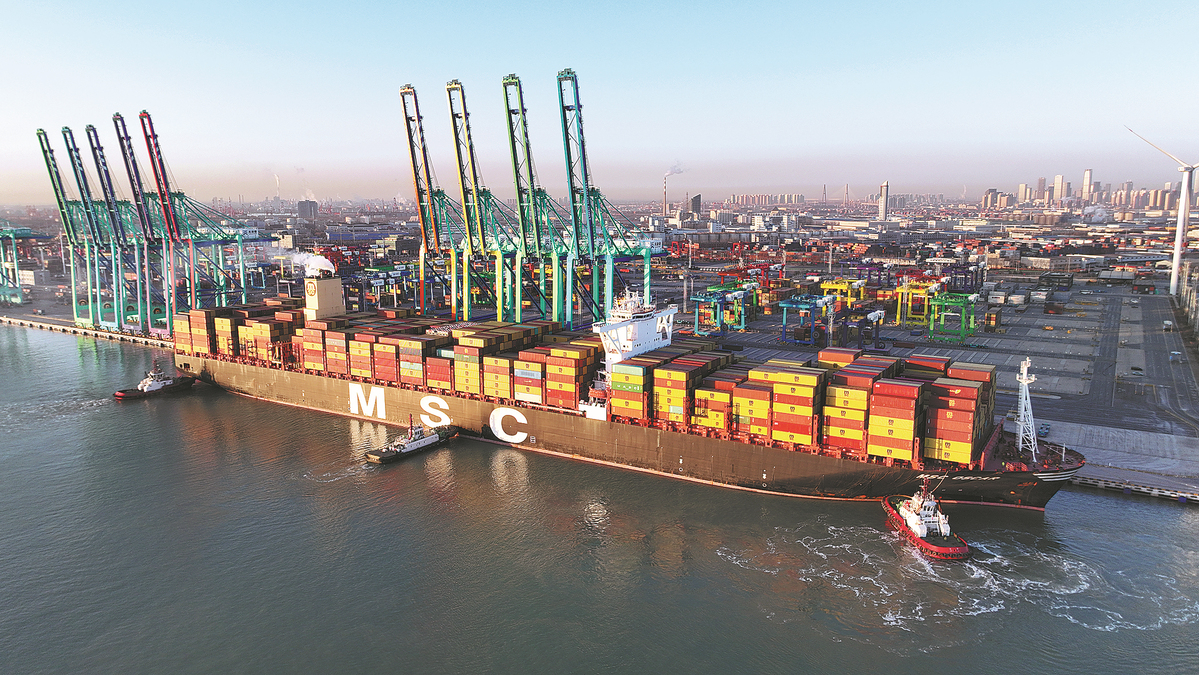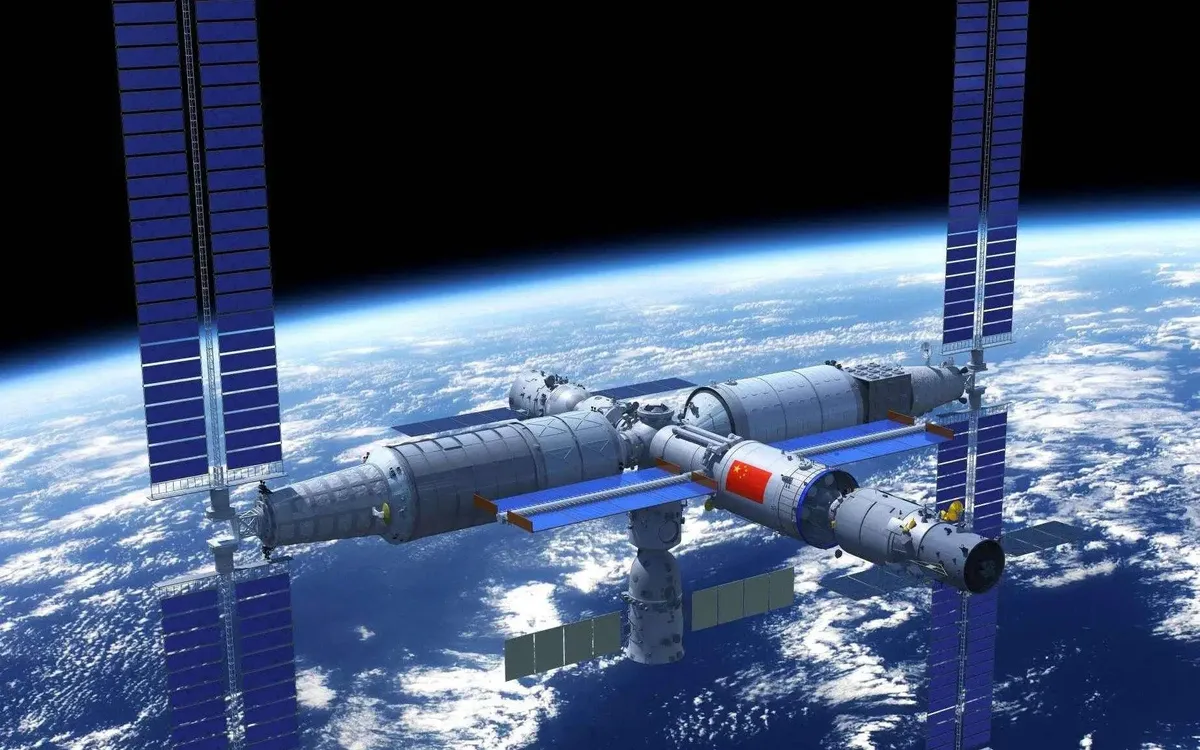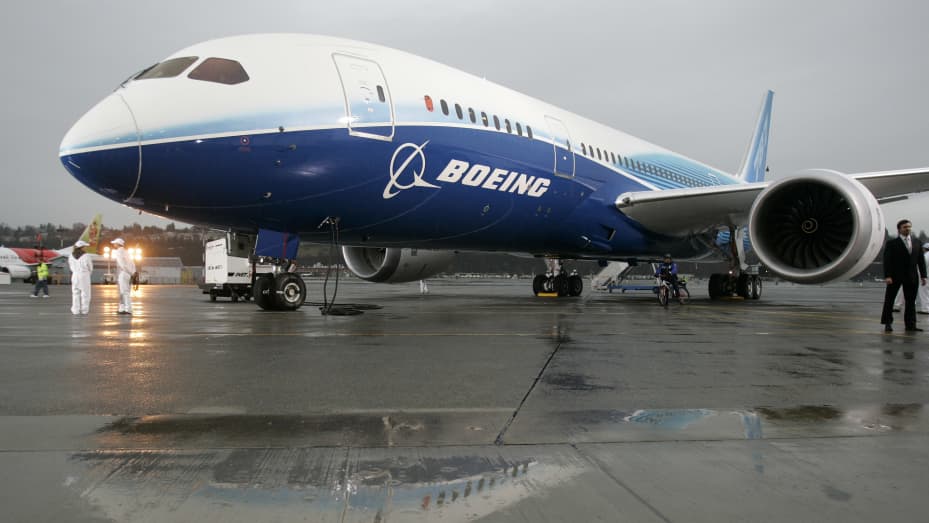China Announces Lower Import Tariffs on Over 1000 Items Starting 2024
China Announces Lower Import Tariffs on Over 1000 Items Starting 2024

On December 21, the Ministry of Finance announced that, starting from January 1, 2024, China will apply provisional import tax rates lower than the most-favored-nation tariffs on 1010 items of goods.
The announcement indicates that, the Ministry of Finance will reduce import tariffs on resources in short supply domestically, such as lithium chloride, low-arsenic fluorite, and gas diffusion layers for fuel cells, as well as on key equipment and components; lower import tariffs on specially formulated foods for medical purposes; reduce import tariffs on agricultural products such as sweet corn, coriander, and burdock seeds; and implement zero tariffs on certain cancer drugs, drugs for rare diseases, and their raw materials.
Additionally, the Ministry stated that starting January 1, 2024, in accordance with the domestic industry development and supply and demand changes, and within the commitments made upon joining the World Trade Organization (WTO), China will increase import tariffs on certain goods such as ethylene, propylene, and liquid crystal display glass substrates of the 6th generation and below.
Furthermore, the Ministry pointed out that in order to expand the network of high-standard free trade areas globally, continuously advance high-level opening-up, and promote the construction of an open world economy, according to the free trade agreements and preferential trade arrangements signed between China and related countries or regions, in 2024, preferential tariff rates will be applied to some goods originating from 30 countries or regions under 20 agreements.
China Affirms Open Stance on Space Cooperation Despite U.S. Claims

Recently, U.S. Ambassador to China Mr. Burns claimed that “China has no intention of cooperating with the United States in lunar exploration.” In response, Xu Hongliang, the spokesperson for the National Space Administration, stated to the media that the Chinese government has always adhered to the exploration and use of outer space for peaceful purposes.
On the basis of equality and mutual benefit, peaceful utilization, and inclusive development, China conducts international space exchanges and cooperation and actively promotes the building of a community with a shared future for mankind in the field of outer space. We welcome scholars from all countries, including the United States, to apply for lunar samples in an appropriate manner and through the proper channels, according to the application procedures already announced by China.
Currently, the China National Space Administration has, on behalf of the Chinese government, signed more than 170 cooperation agreements or memoranda of understanding with over 50 countries, space agencies, and international organizations. This includes cooperation with major space nations such as Russia and France, as well as with developing countries like Brazil and Pakistan; collaborations on major lunar and deep-space exploration projects such as Chang’e-4 and Tianwen-1, as well as Earth observation projects like the China-Brazil Earth Resources Satellite and the China-France Oceanography Satellite.
Boeing Receives Key Chinese Approval

Boeing Company has received a key approval from Chinese aviation regulators. This indicates that Boeing is one step closer to resuming deliveries of the 737 MAX series to China after a suspension of over four years.
As reported on the website of the Civil Aviation Administration of China (CAAC), on December 8th, the Deputy Director of the CAAC met in Beijing with Mike Fleming, Boeing’s Senior Vice President of Development Projects and Customer Support. The two sides had in-depth discussions on Boeing’s business development in China and strengthening communication and cooperation on various issues.
Fleming expressed that Boeing values the Chinese market and remains optimistic about future development, willing to actively deepen cooperation with the Chinese side, unite efforts to promote the development of the aviation industry, and continuously provide better products to benefit the people of China, the United States, and the entire world.
For Boeing, resuming deliveries symbolizes the reopening of one of the world’s most important aviation markets in China. Previously, Boeing had projected that by 2042, Chinese airlines will need 8,560 new commercial aircraft, with the Chinese market accounting for 20% of the global aircraft demand.
